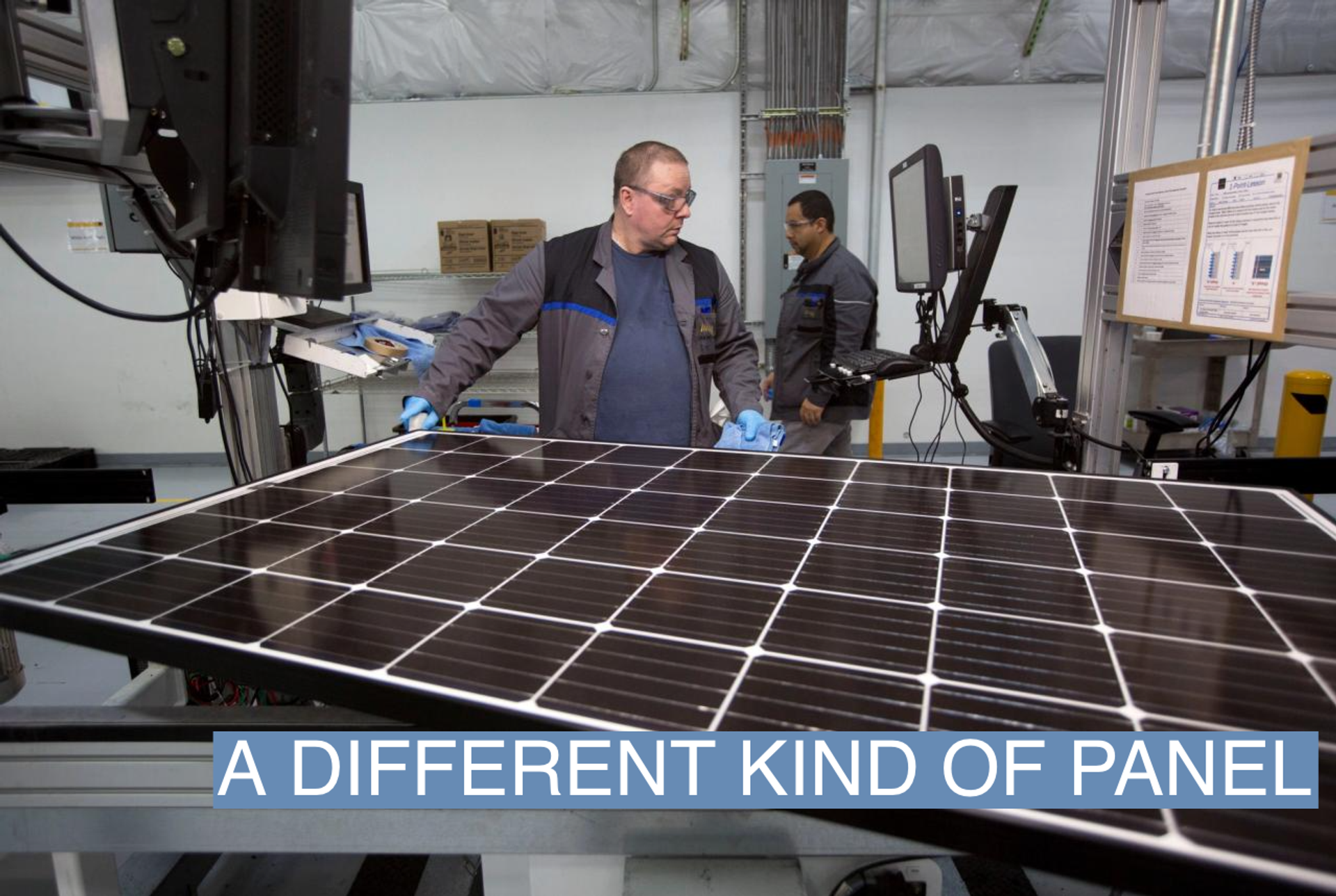The News

Months after passing the biggest climate bill in U.S. history, the House of Representatives is set to turn into a battleground over how the money allocated by the Inflation Reduction Act gets spent. The new Republican majority plans to step up oversight hearings of companies and programs set to benefit from IRA cash, hunting for a scandal to pin on the Biden administration, and is likely to throw up other roadblocks to implementing the law.
Much of the money takes the form of consumer tax credits, so Republicans are limited in what they can block. They can, however, scrutinize every penny — hundreds of billions of dollars worth — that the Department of Energy (DOE) and other federal agencies were allocated to dole out to clean-energy enterprises.
The first targets are 19 battery companies that, according to a letter to DOE filed in December by Frank Lucas, the Republican chair of the House Committee on Science, Space, and Technology, have potentially dubious ties to the Chinese Communist Party (some of which, ironically, have facilities in Republican congressional districts).
Another likely target is the Clean Energy Corps, according to Heather Vaughan, a spokesperson for Republicans on the committee. The program, among other things, recruits staff to work on the IRA and, Vaughan said, may be poorly planned. “Even with the best intentions, when you’re scaling up that much it’s difficult to do so without making any mistakes,” she said. “We’re not trying to do a ‘gotcha’ thing, we’re trying to make sure the money is spent appropriately.”
Know more
Between the IRA, bipartisan infrastructure legislation passed in 2021, and the 2022 CHIPS law to support semiconductor research, the U.S. government is sitting on $750 billion in grants, loans, and other financial products to support domestic climate tech-related research and manufacturing.
It’s a huge opportunity for the U.S. to reclaim its status as a global industrial powerhouse. Over the last decade, it has tended to export intellectual property and leave the physical manufacturing to China, India, and others. But the money alone isn’t sufficient to reshape the energy economy so quickly, and Congress’s work isn’t done. It’s crucial for federal lawmakers to fix the byzantine, tedious bureaucratic process for building new electricity grid infrastructure and to develop the workforce needed for all the new solar farms, battery factories, and other facilities.

Quotable
“The number one priority in Congress will be seeing how this money is rolled out and looking for opportunities to point a finger,” Ken Markowitz, a partner focused on environmental policy at Akin Gump, a Washington D.C. law firm, told Semafor.
Tim’s view
Oversight hearings could gum up the works of rolling out the IRA, at a time when the clock is ticking to push billions out the door before Biden’s term is up. Hearings tend to sap the resources of the agencies under examination and spook bureaucrats from making any remotely risky investments: DOE took years to recover from Obama-era hearings over the bankruptcy of Solyndra, a solar panel company it backed.
At the same time, the combination of hearings, knee-jerk Republican genuflection to the oil, gas, and coal industries, plus garden-variety dysfunction and infighting risk holding up progress on infrastructure permitting reform and worker training programs, both of which are critical prerequisites to utilizing the IRA’s financial resources.
That’s a shame, because the IRA was specifically designed to include funding for communities that are losing jobs from the decline of fossil fuels, areas which are by and large represented by Republicans. And as the case of the battery factories illustrates, plenty of clean energy manufacturing is destined for GOP districts. Even Marjorie Taylor Greene, one of the few remaining die-hard climate science deniers in Congress, lauded the expansion of a major solar factory using IRA funds in her district this month. In private, according to Representative Sean Casten, a Democrat from Illinois and former clean energy entrepreneur, many of his GOP colleagues acknowledge that clean energy is inevitable and economically beneficial. But in public, they’re unwilling to challenge the psychological and cultural grip fossil fuels have on their districts, and still present the energy transition as a zero-sum game.
Still, clearing red tape around infrastructure permitting is a long-held darling of many Republican lawmakers. “Hopefully more moderate heads can prevail and get rid of some of the logjams,” Markowitz said.
Room for Disagreement
In one key climate area, there may be less to worry about. The House Financial Services Committee seems unlikely to advance the crusade against ESG investing — investing that prioritizes environmental, social, and corporate governance issues — that is charging ahead in Texas, Florida, and several other Republican-led states, with new rules rolling out to penalize financial firms that appear too woke. Although some Republicans have floated legislation to implement similar rules at the federal level, the committee’s new chair, Patrick McHenry, doesn’t seem interested.
“I’ve been reassured that McHenry has tamped down some of the wilder ideas that they want to do,” Casten said.
On the other hand, McHenry (who didn’t respond to interview requests from Semafor) does plan to hold hearings about climate-related Securities and Exchange Commission regulations that are under development, and could push to water them down.
The View From Davos
If Congress holds up the IRA rollout, the U.S. could lose its just-acquired competitive edge over European clean energy enterprises. In a speech at the World Economic Forum this week, European Commission President Ursula von der Leyen said the bloc plans to counter the IRA with its own juicy package of tax breaks and other measures to support low-carbon manufacturing.
